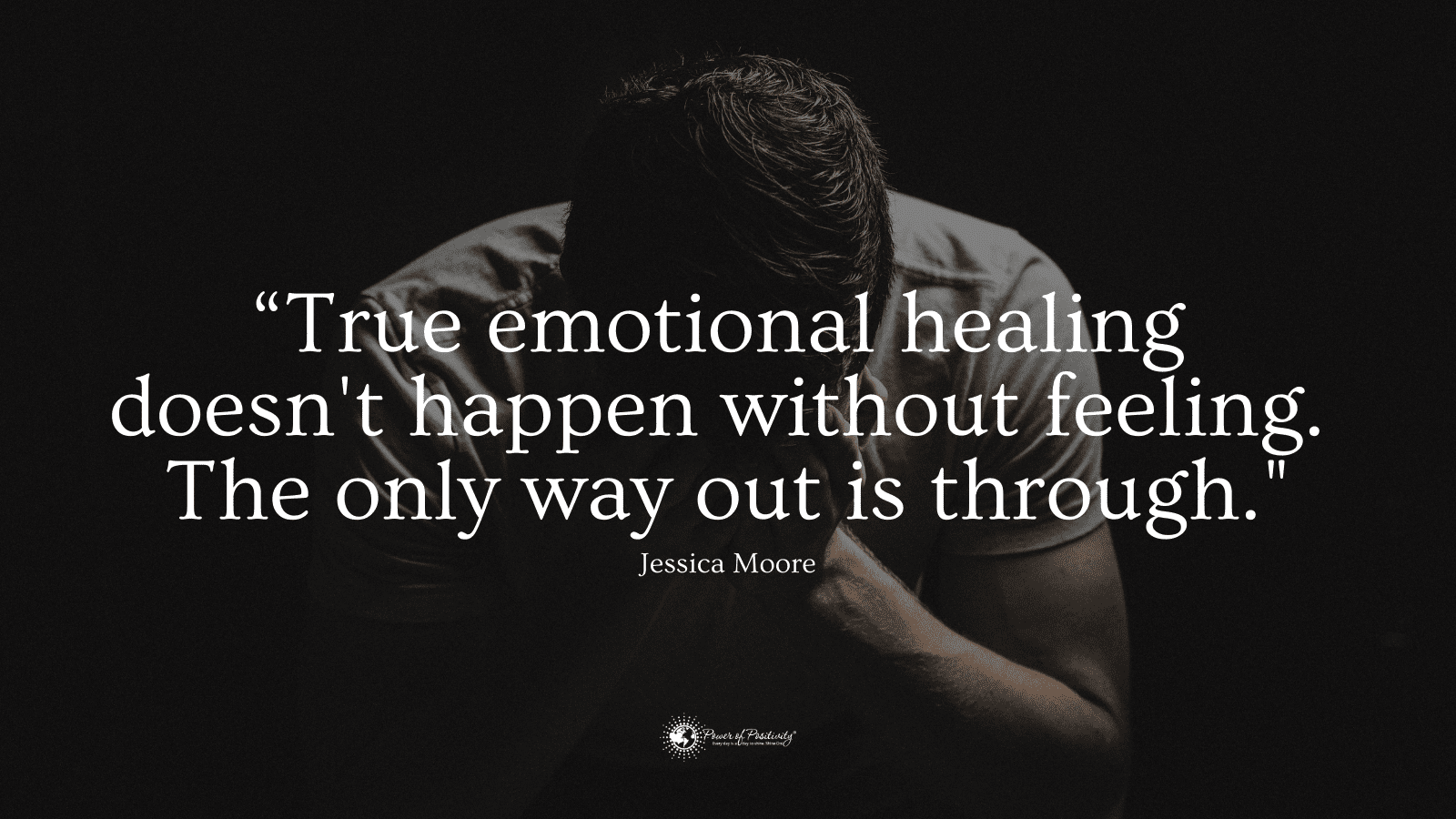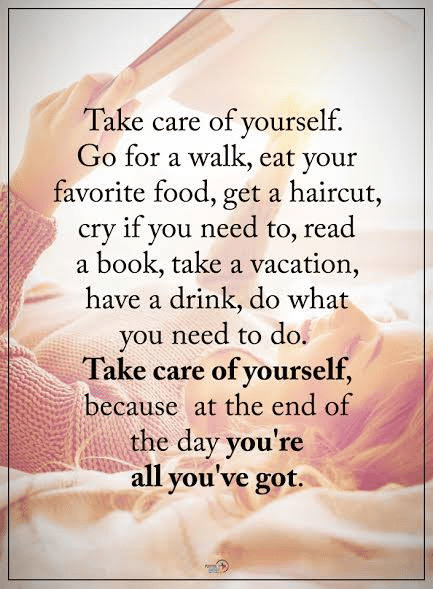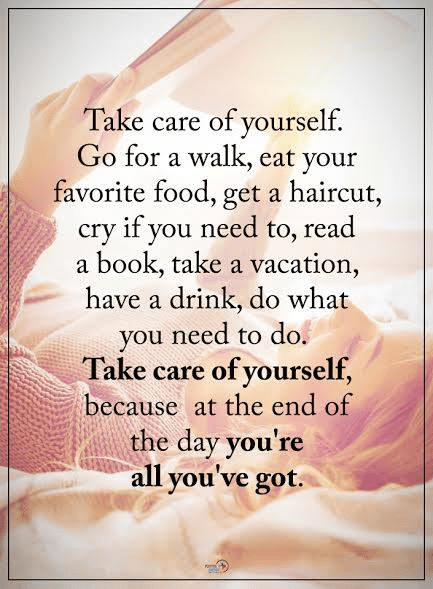Trying too hard to impress a woman can be harmful because it can appear insincere or disingenuous. When someone puts on a show or tries to be someone they’re not to impress another person, it can be easy to see through the facade. This can lead to distrust or disappointment in the other person, ultimately harming the relationship. Additionally, suppose someone is constantly performing to impress their partner. In that case, they may become exhausted or feel like they’re not living authentically, which can also affect their mental health and well-being.
Trying too hard to impress a woman can also be harmful because it can put much pressure on the relationship. If someone is constantly trying to be perfect or live up to an unrealistic standard, it can be difficult to maintain that level of performance over time. This can lead to feelings of stress or anxiety, which can further harm the relationship. Additionally, suppose someone is constantly trying to impress their partner. In that case, it can create a power dynamic in which one person feels more control or influence over the other. This can lead to feelings of resentment or distrust, which can ultimately harm the relationship.
Finally, trying too hard to impress a woman can be harmful because it can prevent someone from getting to know their partner. If someone constantly tries to put their best foot forward or impress their partner, they may feel uncomfortable being vulnerable or sharing their true selves. This can prevent them from building a deep, meaningful connection with their partner, ultimately harming the relationship. Additionally, if someone constantly tries to impress their partner, they may not pay enough attention to their needs, desires, or interests. This can make building a relationship based on mutual respect and understanding complex, ultimately harming the relationship.
NOTE: If you want to learn the behavior that will never impress a man, we cover that topic separately.
Never Try These Five Things; They Will Not Impress a Woman
Some dating tactics we’ve heard of are legendary failure scenarios, but these are five more common ways we agree should never be used to impress a woman.

1. Send pictures of your anatomy
Many women report getting unwanted nude pictures from men trying to impress them with their bodies.
We are happy that you love your physical body, but your particular anatomy should never be how to impress a woman you are interested in. Bragging about your stamina, physical attributes, or sexual activities will also not impress a woman.
2. Be inauthentic
Being your real authentic self is attractive. so trying to be different will not work to impress a woman. Researchers at Cornell University studying online dating profiles found that the lower online daters felt about their own attractiveness, the more likely they were to enhance their profile photographs and lie about their physical descriptors (height, weight, age).
The fact that physical attractiveness was what the dater lied about, not their income or occupation, suggests that their deceptions were intentional.
3. Reject emotions
The male gender is commonly less outwardly emotional than the woman he tries to impress. But ironically, it’s your emotions that she wants to see. Women connect to and relate to others through communication and expressing feelings. If you want to impress her, occasionally talk about things that sadden you, even if you aren’t a crier. In turn, she knows you are capable of emoting and understanding her emotions.
4. Boast about your income
Although a steady income and your ability to handle your bills are going to impress her, outright bragging about your income is tacky. The woman you’re trying to impress knows that dollars in the bank don’t equal a happy relationship.
Money is not everything when it comes to impressing a woman. Researchers at Chapman University studying dating preferences found that both men and women were least interested in their partner “having a steady income, and were generally less interested in qualities like making an equal amount of money, or even making a lot of money.”
The researchers say that although appearance is essential for men and women ages 18-25 in dating, “appearance and income aren’t going to hold your hand when you are in the hospital or sick or when you are playing board games together at night.”
5. Lack future goals
While a great first impression was your initial goal, she will also want to know your plans. If you make the right impression, she is likely wondering what you plan for your future and what role she might play while working toward her goals.
This is important to her in deciding if you might be the right fit, and so it should also be important to you.

Final Thoughts: Stop Trying So Hard to Impress a Woman
Making a good, not bad, impression is what you are going for with the woman you desire. Hopefully, our article has helped you avoid a possible disaster. Impressions can be challenging, and although you want to be yourself, you also want to put your best foot forward.
Meeting her needs is the best way to impress a woman. So take some time to discover what is important to her before you show her all your impressive features and benefits.












